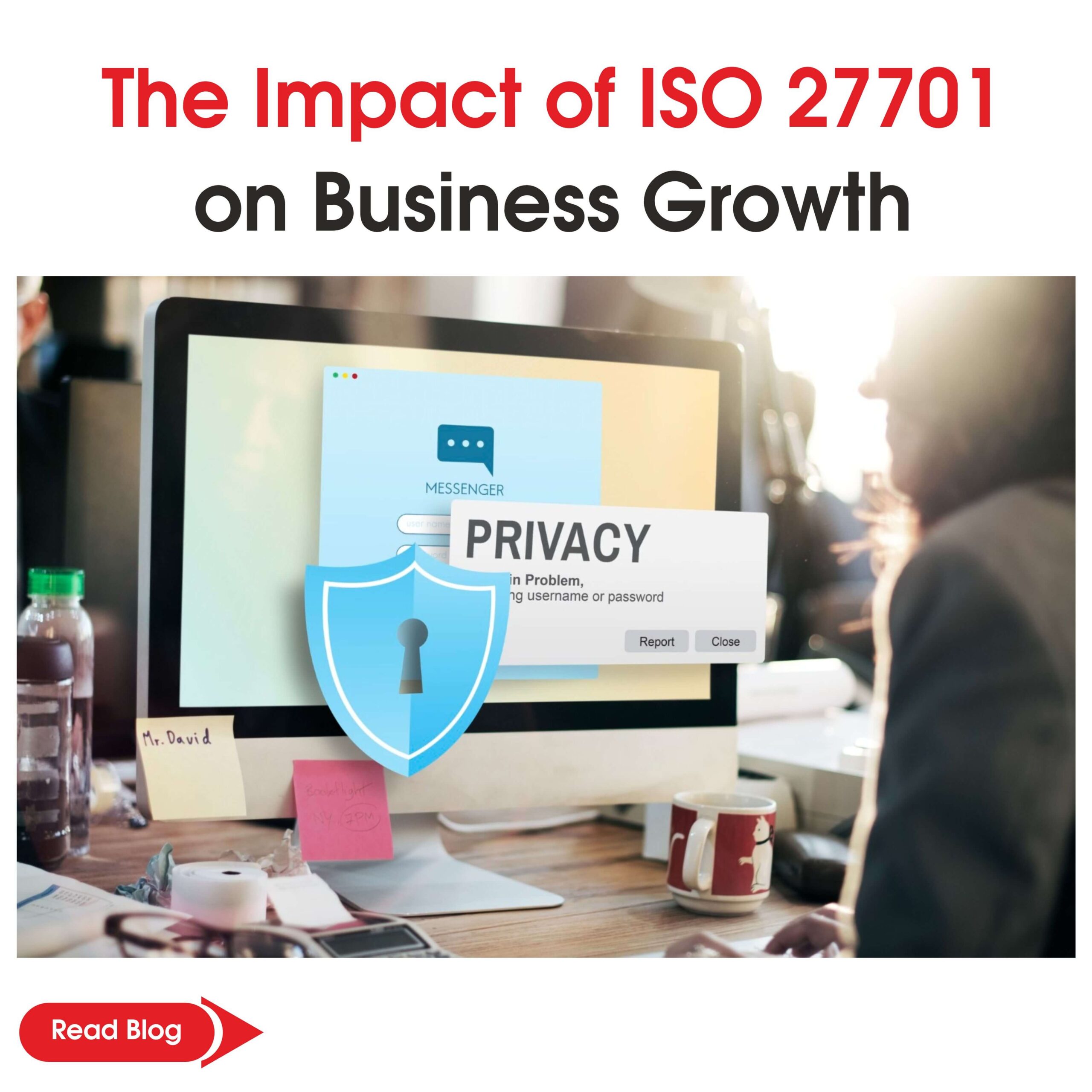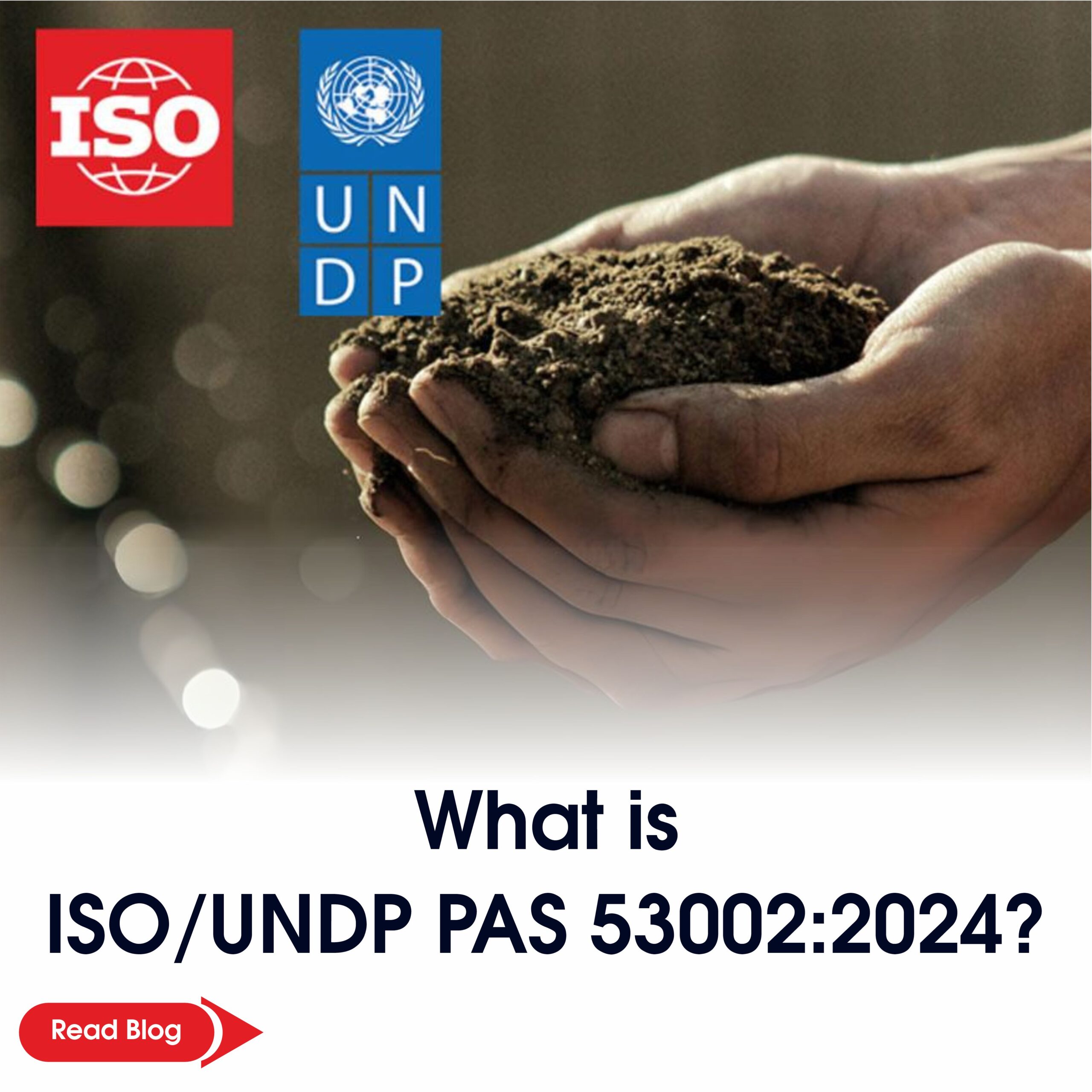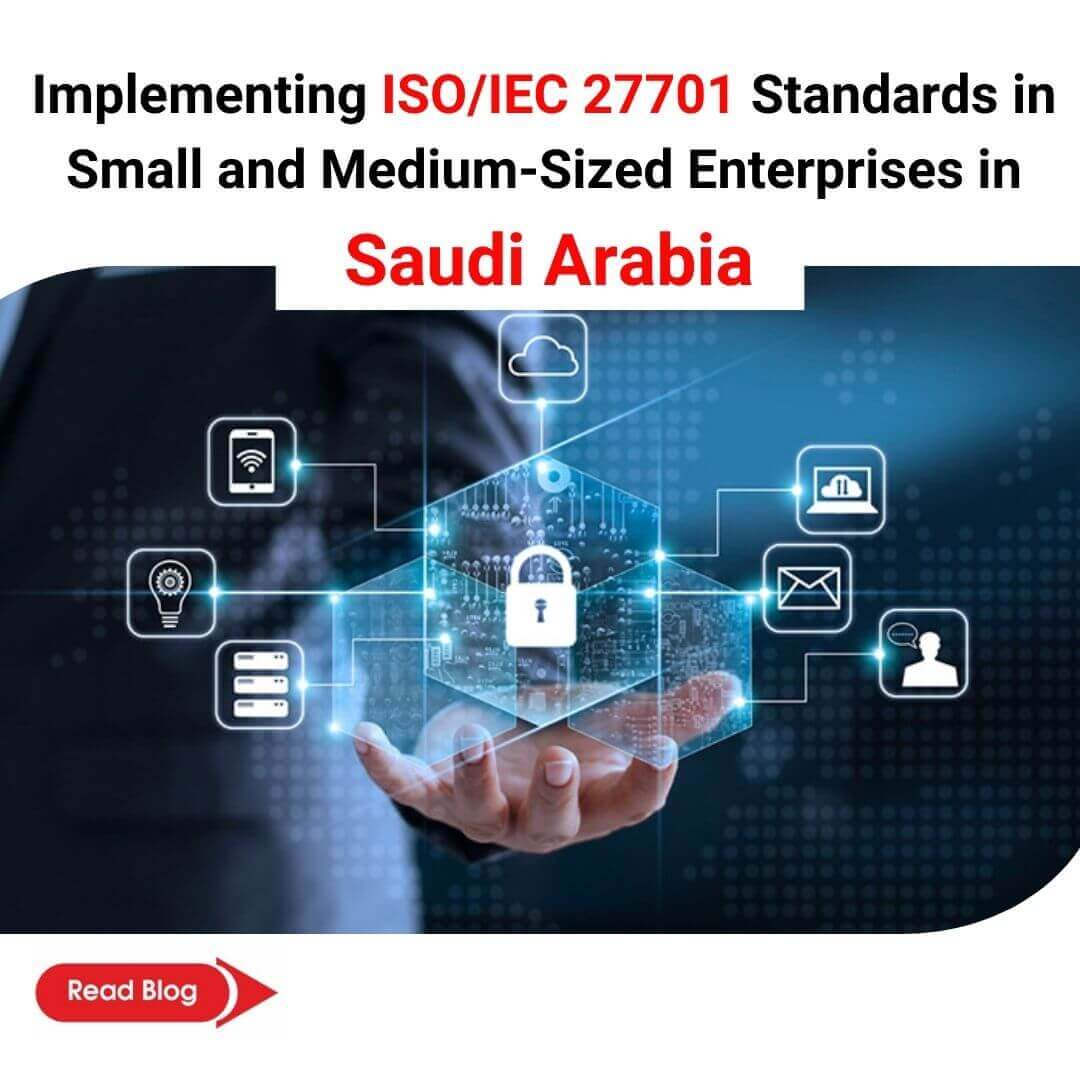GET ISO 27001 CERTIFICATION SERVICES IN CANADA
CONTACT WITH US
The debate around data privacy and data security are not new. Ever since the digital mode of data storage began, concerns about its breach or loss also took center stage. Many countries developed several legislations to make sure that the data is well protected. Canada, in particular, takes data security very seriously. Several legislations require the entities and individuals to incorporate certain controls in order to maintain the confidentiality, integrity, and accessibility of data. In this regard, ISO 27001 certification in Canada helps the organizations in implementing a robust Information Security Management System that protects the data from threats of loss or alteration.
What is ISO 27001 Certification in Canada ?
ISO 27001, more precisely, “ISO/IEC 27001 – Information technology — Security techniques — Information security management systems — Requirements” is a set of standards published by the International Organization for Standardization in partnership with the International Electrotechnical Commission (IEC). ISO 27001 is part of the ISO/IEC 27000 series for handling information security. We also offer ISO 27001 Certification in Canada.
The framework of ISMS ISO 27001 Certification contains certain policies and processes that an organization uses to establish a robust Information Security Management System (ISMS) in an organization of any size or sector of operation.
How ISO 27001 Certification Services in Canada is helpful for your Organization?
The information stored within an organization is basically of three kinds- personal, financial, and information related to intellectual property. Any breach or loss of information or misuse by any unauthorized element can cause a huge loss to the organization in terms of finances as well as reputation. With ISO 27001 certification in Canada, organizations can ensure their customers or clients about the safety of information. Since this standard is recognized by all the member nations of ISO, it is globally acceptable.
ISMS focuses on protecting the three major aspects of information:
- Confidentiality- it ensures that the information is accessed by only the authorized person.
- Integrity- It ensures that the information is altered only by the authorized person.
- Availability- It ensures the availability of information at the disposal of the authorized person.
What is an ISO 27001 ISMS Certification in Canada?
An Information Security Management System (ISMS) is a set of rules that are designed to secure the information stored in digital form by identifying the risks to your information infrastructure. It also aims at meeting the expectations of your stakeholders by implementing controls and continually improving the ISMS according to the changing market standards. These rules can be documented in the form of records of policies and processes or can be established with non-documented technologies.
What are the benefits of ISO 27001 Certification?
The implementation of ISMS using ISO 27001 Standard entails the following benefits for the organization:-
Legal compliance – ISO 27001 Certification is proof of compliance with all the legislation that is aimed at securing the data.
Gives you a competitive edge – An ISO 27001 certification boosts your image in the market for having robust ISMS, which places you among the preferable choices for doing business.
Reduced costs – Since ISO 27001 Certification is proof that your information is shielded against breach or loss, there is a lesser chance for such emergencies and this helps you in acquiring insurance at lower premiums. It also helps in saving liability costs that might have been otherwise incurred from emergencies.
Better management – ISO 27001 enables the streamlining of projects and processes and eliminates confusion regarding the roles of the staff and prioritization of activities.
What is the Structure of ISO 27001 Canada?
The structure of ISO 27001 comprises two parts- the first part contains 11 clauses whereas the second part has Annex A that provides guidelines for 114 control objectives. The first four clauses (clause 0 to 3) of the first part are introductory in nature, namely- Introduction, scope, normative references, and terms and definitions) the rest of the clauses (clause 4 to 11) contains the mandatory requirements for the ISMS. Annex A contains non-mandatory requirements that function to support the clauses and their requirements.
Clause 4: Context of the organization – Every organization is unique in terms of operation. This clause enables the tailoring of ISMS as per the context of your organization that considers the internal and external issues as well as the interest of the involved parties.
Clause 5: Leadership – this clause emphasizes the importance of top management in establishing as well as implementing the ISMS by assigning roles and responsibilities to the relevant person and developing the policies for information security.
Clause 6: Planning – it is important to assess the risks and opportunities in order to plan the processes and procedures for ISMS. This planning should be in symphony with the organization’s information security objectives.
Clause 7: Support – this section deals with the resources, competence of employees, awareness, and communication that are key support systems for any management system. It also ensures the maintenance of documentation for the success of ISMS.
Clause 8: Operation – It deals with the planning, implementation, and controls for the working of ISMS. This is where actions are planned according to the assessed risks.
Clause 9: Performance evaluation – With the help of monitoring and measurement tools, the performance of your ISMS is regularly evaluated for its efficiency and effectiveness.
Clause 10: Continual Improvement – It is important to keep your ISMS upgraded and efficient against the changing nature of cyber and information security threats. The management strategy of Plan-Do-Check-Act (PDCA) is implemented to ensure the continual improvement of your ISMS.
Annex A (normative) Reference control objectives and controls –
It contains a list of reference control objectives and controls. From Information security policies (A.5) to Compliance (A.18), Annex A has all the controls that are required to meet the specifications of ISO 27001 Certification Canada.
What are the ISO 27001 controls and how can they be implemented?
In order to reduce the risk to information security, ISO 27001 contains certain controls that can be technical, legal, physical, human, organizational, etc. Annex A enlists 114 controls for this purpose. Let’s have a look at how they can be implemented:
Technical controls By the use of certain software, firmware, or hardware, such as antivirus software, backup, etc., these controls are implemented on information systems.
Organizational controls This deals with the rules that need to be followed by the staff within the organization for better security. E.g. BYOD Policy, policy for access control, etc.
Legal controls this is to make sure that the activities comply with the legal requirements of regulations, contracts, etc. E.g. NDA (non-disclosure agreement), SLA (service level agreement), etc.
Physical controls make use of physical devices for maintaining security. E.g. alarm systems, CCTV cameras, etc.
Human resource controls This is done by training the staff on their roles regarding the maintenance of security. E.g. security awareness training, ISO 27001 Canada internal auditor training, etc.
With the world getting more digitized, we are dependent upon digital means for storing information. Any breach or loss of information has huge implications for an individual’s privacy as well as the nation’s economy. Therefore, countries and organizations all over the world are developing more and more stringent regulations to check any such menace. It is therefore highly beneficial for an organization to embrace a management system that reduces or prevents any such risks and proceed to apply ISO 27001 services in Canada to gain credibility.
Looking for ISO Certification or Training Services?
Join one of the India’s leading ISO certification bodies for a straightforward and cost-effective route to ISO Certifications.
LATEST NEWS & BLOGS

The Impact of ISO 27701 on Business Growth
Today’s business environment cannot be overemphasized without a consideration of privacy and data protection. This is especially due to the

ISO/UNDP PAS 53002:2024
ISO/UNDP PAS 53002:2024 The United Nations’s member states shared and adopted the 2030 Agenda for Sustainable Development in 2015. At

Implementing ISO/IEC 27701 Standards in Small and Medium-Sized Enterprises in Saudi Arabia
Introduction As Saudi Arabia pursues its ambitious digital transformation under Vision 2030, the significance of protecting personal data has never
